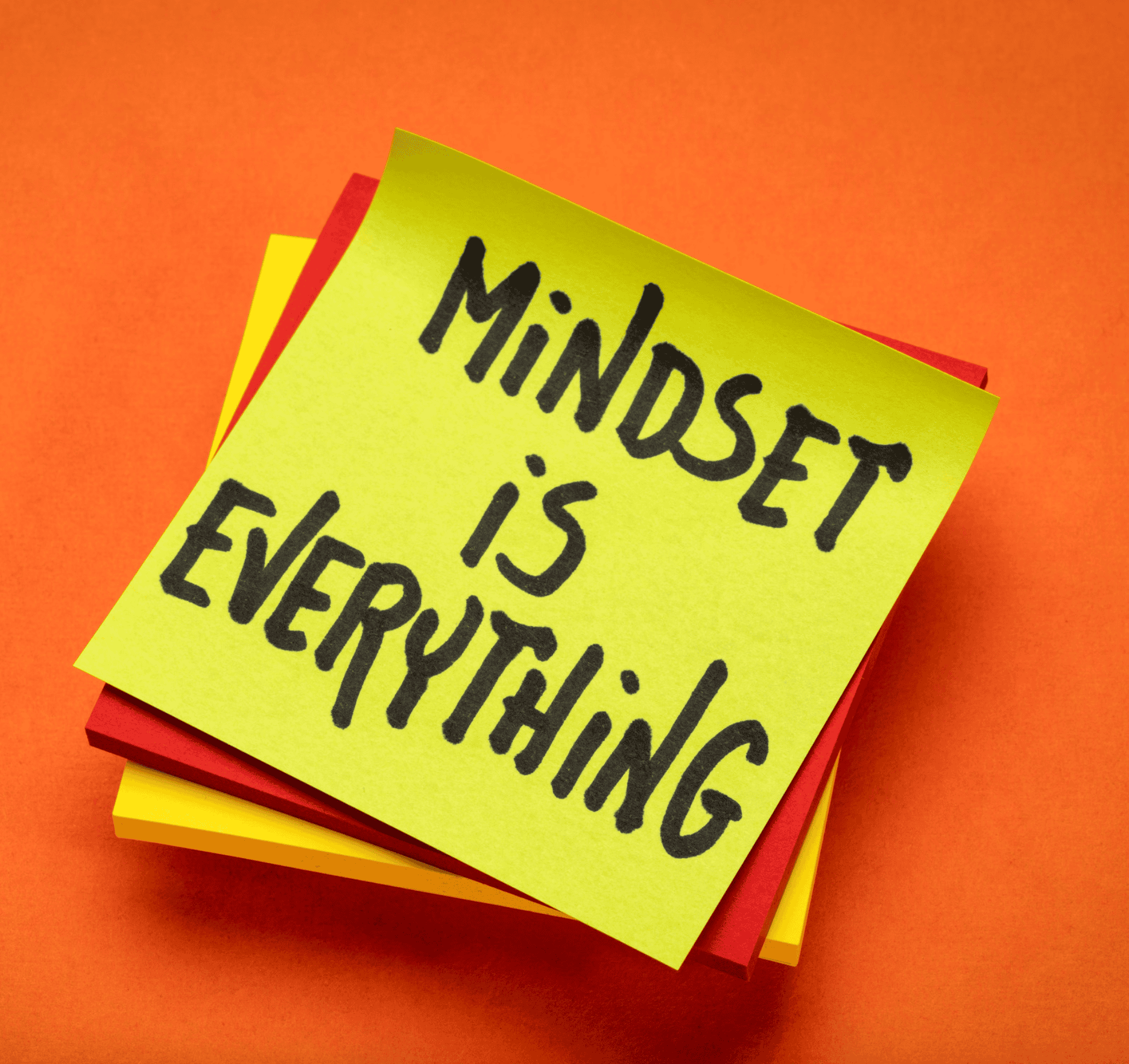One of the most requested professional development topics our clients ask AchieveUnite, Inc. about is how to have difficult conversations at work. How can managers talk to their employees about poor performance without causing them to shut down? How can colleagues or partners share different perspectives without being combative? How can we as leaders have honest conversations about mental health issues with kindness and grace?
Difficult conversations in the workplace often revolve around sensitive topics that can easily create tension or disagreement if not handled carefully. Specifically, managers may need to have difficult talks with employees about poor performance in order to provide feedback and set expectations. Colleagues and partners may need to share differing perspectives, which requires navigating conflict and avoiding combative interactions. Leaders also need to be able to have honest yet gracious conversations about mental health issues that emerge among their teams. As with many of our other communication and relationship challenges, it turns out that curiosity, a growth mindset, and empathy are the keys to successfully navigating conflict.
Keys to Success
Here’s how it plays out in these conversations:
Curiosity

Curiosity helps us to dispel preconceived notions and assumptions so that we truly listen to the other person. When having a difficult conversation, it’s important to approach it with an open and inquisitive mindset. Ask thoughtful questions to understand where the other person is coming from. Avoid jumping to conclusions or making assumptions about their motivations.
Growth Mindset

A growth mindset helps us to challenge ourselves to be open to other possibilities and ask good questions. Go into difficult conversations being open to learning something new. Be willing to acknowledge your own biases and shortcomings. Focus on finding solutions instead of just identifying problems. With a growth mindset, you can turn clashes into opportunities for growth.
Empathy

Empathy allows us to see the situation from the other person’s perspective. Make an effort to truly put yourself in their shoes. Listen without judgment and reflect back on what you hear to show you understand. Lead with compassion and recognize emotions. Validating the other person’s feelings, even if you disagree, demonstrates empathy. This builds trust and enables a constructive conversation.
Using all three of these practices sets you up to have honest, generative conversations and achieve positive outcomes. As a leader, you’re also creating a safe environment to have these conversations and modeling these techniques for others – a real win-win for all!
Conclusion
Discussing challenging topics in an open and constructive way takes skill and intention. As we’ve explored, curiosity helps us listen without judgment, a growth mindset allows us to consider other perspectives, and empathy builds understanding. By leading with these mindsets, difficult conversations become navigable.
This brief article from Forbes will allow you to go a bit deeper into all of these concepts, including case examples: https://www.forbes.com/sites/forbescoachescouncil/2023/07/17/the-art-of-approaching-difficult-conversations/?sh=3893e22151bd
Invest in your leadership journey with AchieveUnite and unlock your full potential in today’s collaborative business landscape. Learn more below

